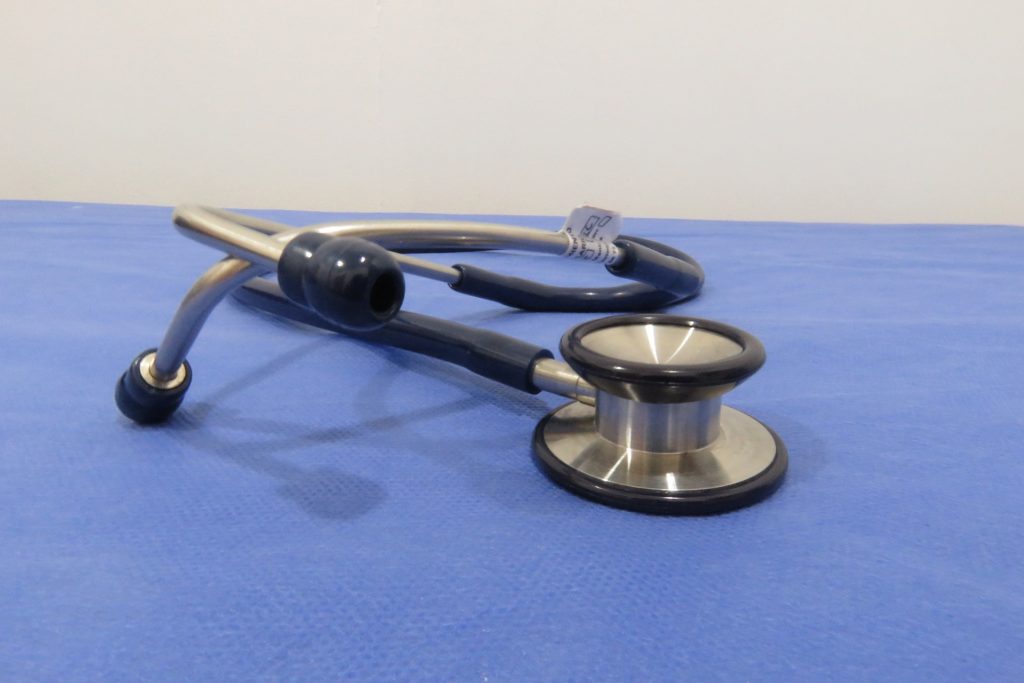By Jeffrey A. Roberts
CFOIC Executive Director
An unnamed physician is trying to stop the Colorado Medical Board from initiating public disciplinary proceedings against her for allegedly providing substandard care to three patients.
In documents filed in Denver District Court, the doctor identified as “Jane Doe, M.D.” claims the medical board and program director Paula Martinez will exceed their constitutional and statutory authority and violate her due-process rights if they file a formal complaint and notice of charges with the state Office of Administrative Courts.

Because OAC proceedings are public, the doctor’s “reputation and professional career will be irreparably harmed,” her request for an injunction contends. Her lawyers also claim that public disclosure of the allegations would jeopardize her liability insurance and privileges at multiple health care facilities as well as her board certification and positions on several insurance panels.
But the Colorado attorney general’s office, which represents the medical board, says the doctor “is attempting to expand a limited confidentiality provision beyond the clear meaning of the statute.”
The medical board, which licenses medical doctors, doctors of osteopathy, physician assistants and anesthesiology assistants, “cannot fulfill its function of public protection if the public is unaware of the vast majority of its actions and decisions,” wrote Sierra Ward, senior assistant attorney general, in a February motion to dismiss Jane Doe’s case.
The board has filed complaints publicly since its creation, Ward noted in another pleading. “Members of the public have a right to be informed about relevant facts that could influence their choice of provider,” she wrote. “Similarly, for the Medical Board to fulfill its function, the public must have confidence in the process. If all Medical Board proceedings are confidential, the public has no mechanism to ensure that the Medical Board is acting consistent with the public interest.”
Over a recent five-year period, about 72 percent of complaints against medical licensees in Colorado were related to “substandard practice,” according to a 2018 sunset review of the Colorado Medical Practice Act. Most complaints were dismissed, with nine percent resulting in a disciplinary action.
The medical board’s investigative process is confidential, but the public learns about board actions when there is a negotiated order resulting in discipline or the board files a notice of charges with the administrative court, which happens less frequently.
Carmen Decker and Kaylyn Peister, lawyers for Jane Doe, M.D., contend in court documents that a notice of charges and formal complaint are “privileged” records of a professional review committee and, therefore, confidential. The Medical Practice Act, they wrote, “mandates that records of professional review committees remain confidential, therefore public inspection of the Notice of Charges and other pleadings to be filed with the OAC in this instance is prohibited by law.”
In its pleadings, the attorney general’s office acknowledges that medical board investigations are exempt from the Colorado Open Records Act and the Colorado Open Meetings Law, which otherwise would make their records and proceedings open to the public. However, they wrote, “this provision does not impose any requirement stating that proceedings or records must remain confidential; it merely states that proceedings need not be public.”
“The Formal Complaint is not itself a professional review committee record,” the AG’s office argues. “It is a legal document, drafted by an attorney, that serves to initiate a formal process and put the licensee and the public on notice.”
Publicly disclosing records related to Jane Doe’s medical license would violate her right to privacy and her constitutional right to due process, her lawyers contend. But if formal proceedings are warranted, the AG’s motion to dismiss counters, “licensees are then afforded the full panoply of due process rights guaranteed them under relevant statutes and constitutional provisions.
“They also are afforded a public forum in which to contest the Medical Board’s allegations, ensuring that the Medical Board’s actions are open to public observation and scrutiny.”
According to court documents, the medical board received three separate complaints against Jane Doe, M.D., within a three-month period in 2018. The complaints alleged “unprofessional conduct” in connection with her treatment of three patients.
Follow the Colorado Freedom of Information Coalition on Twitter @CoFOIC. Like CFOIC’s Facebook page. Do you appreciate the information and resources provided by CFOIC? Please consider making a tax-deductible donation.




